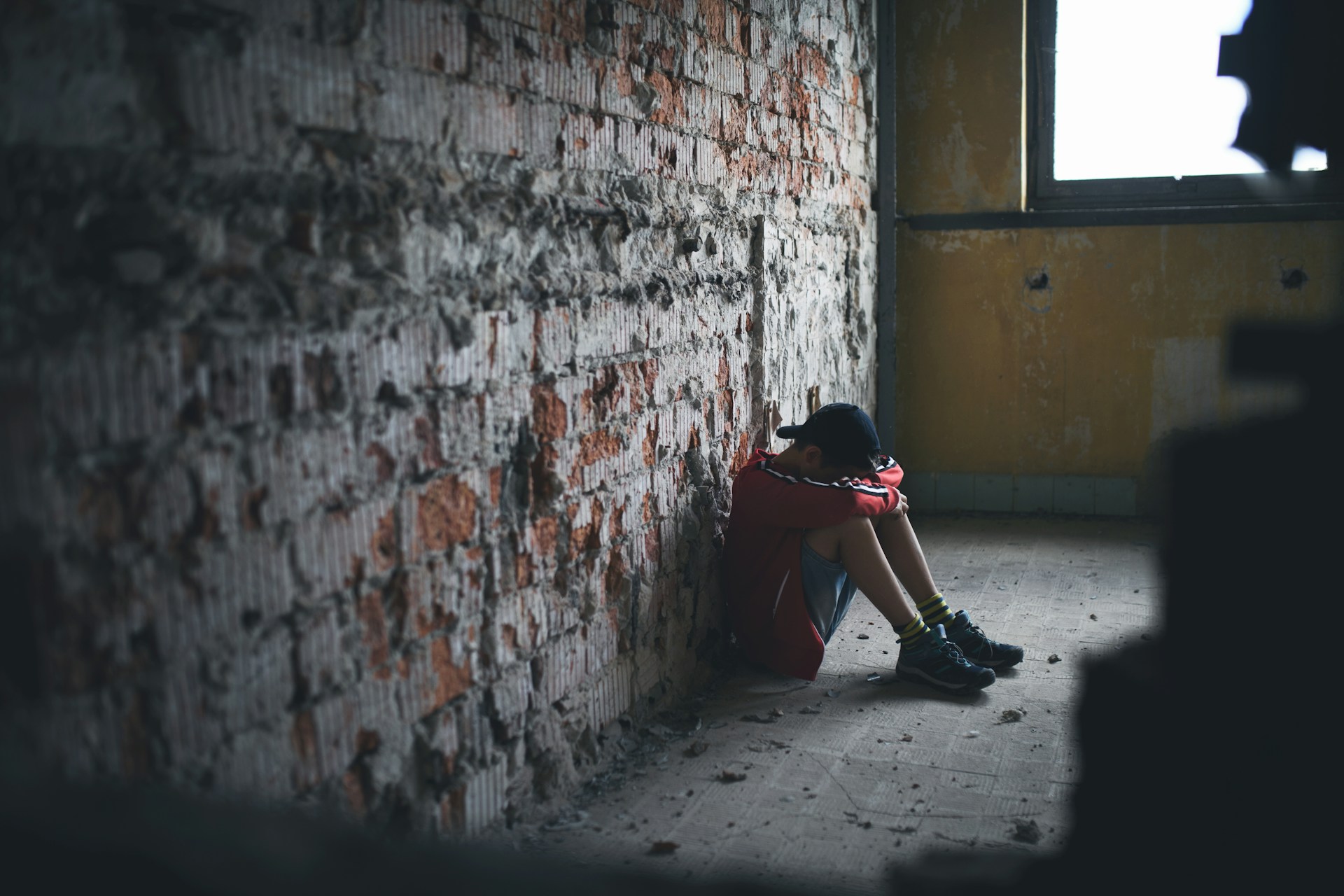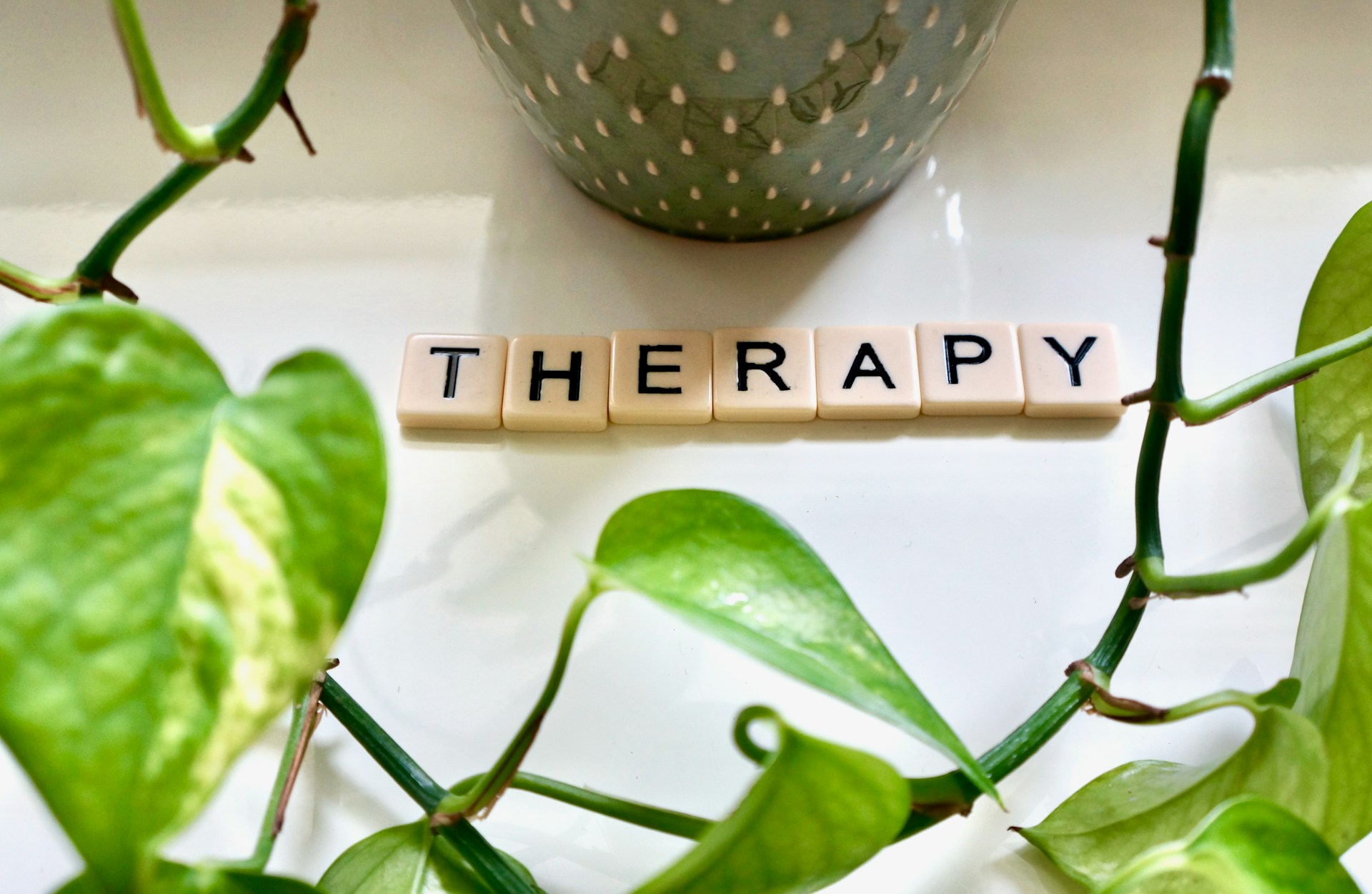How Do I Know If My Struggle Stems from a Traumatic Experience?
When a person undergoes a traumatic experience, it can sometimes be minimized, depending on how and when the experience took place, how old the person is, or even their natural wiring and personality. However, there are some ways to identify if your struggles might be rooted in trauma. One way is to look at your everyday life in three categories: physical, emotional, and mental. We’ll look more in-depth at how your responses in body and routine, feelings and emotional reactions, and thoughts and patterns may be clues to how you’re really doing. Physical Clues of a Traumatic Experience Physical clues can include anything from practical, everyday life and habits to your physical body. First, let’s explore your everyday habits and routines. If you’re struggling with any of the basics of human existence (food, sleep, moving your body, feeling less than yourself), these alone won’t necessarily tell you that your body is responding to a traumatic experience. But it’s worth noting which of these are out of whack with what you’d describe as your normal experience. For example, if you’ve found that sleep isn’t something you typically struggle with, yet it’s been a weekly or every-other-day struggle since you went through something scary, hard, or unexpected that caused you trauma, add it to your physical record. You can do this by jotting things down on a Post-it note, keeping a journal of your physical health, or just making a note in your phone. It’s a good idea to record the sleepless patterns, however, so that you can give more details to your doctor if you decide to investigate further. Another physical cue that may go unchecked is your appetite. It’s easy to overlook a weight change when we’re stressed or too busy to take notice. However, pay attention to your [...]












